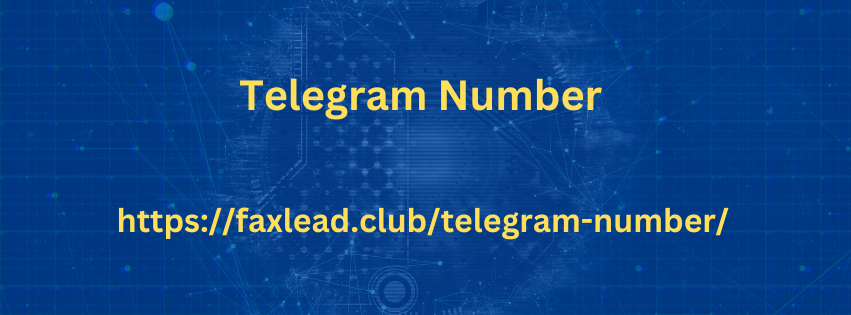|
|
Purpose: This policy outlines the guidelines, procedures, and standards for protecting sensitive data within [Organization Name]. The goal is to ensure the confidentiality, integrity, and availability of data, while complying with relevant laws and regulations. Scope: This policy applies to all employees, contractors, and third-party service providers who have access to or handle [Organization Name]'s data. Key Principles: Confidentiality: Data will be protected from unauthorized access, disclosure, or use. Integrity: Data will be accurate, complete, and reliable. Availability: Data will be accessible when needed for authorized use. Responsibilities: Management: Oversee the implementation and enforcement of the policy, ensuring adequate resources and support. IT Department: Develop and maintain technical controls to protect data, including firewalls, encryption, and access controls.
Employees: Comply with the policy, report security incidents, and protect their devices and passwords. Data Classification: Data will be classified based on its sensitivity and criticality: High: Contains highly sensitive information that could have significant negative Telegram Number consequences if breached. Medium: Contains sensitive information that could have moderate negative consequences if breached. Low: Contains less sensitive information that would have minimal negative consequences if breached. Access Controls: Access to data will be granted on a need-to-know basis. Strong passwords will be required for all accounts. Regular password changes will be enforced. Multi-factor authentication may be implemented for high-risk accounts. Data Encryption: Sensitive data will be encrypted both at rest and in transit. Encryption keys will be securely managed. Data Backup and Recovery: Regular backups of critical data will be performed. Backup media will be stored securely and off-site. Disaster recovery plans will be in place to ensure data can be restored in case of a loss.

Incident Response: A comprehensive incident response plan will be developed and regularly tested. Security incidents will be reported promptly to the appropriate personnel. A thorough investigation will be conducted to determine the cause and scope of the incident. Corrective actions will be implemented to prevent similar incidents in the future. Compliance: The policy will be aligned with relevant laws and regulations, such as GDPR, CCPA, and HIPAA. Regular audits and assessments will be conducted to ensure compliance. Training and Awareness: Employees will receive training on data security best practices and their responsibilities under this policy. Awareness campaigns will be conducted to promote a culture of security. Policy Review and Updates: The policy will be reviewed annually or as needed to address changes in technology, regulations, or business requirements. By signing this policy, employees acknowledge their understanding and agreement to comply with its provisions. [Organization Name][Date] [Authorized Signatures] Note: This is a general template and may need to be tailored to your specific organization's needs and industry requirements. Consult with legal counsel for guidance on compliance with applicable laws and regulations.
|
|